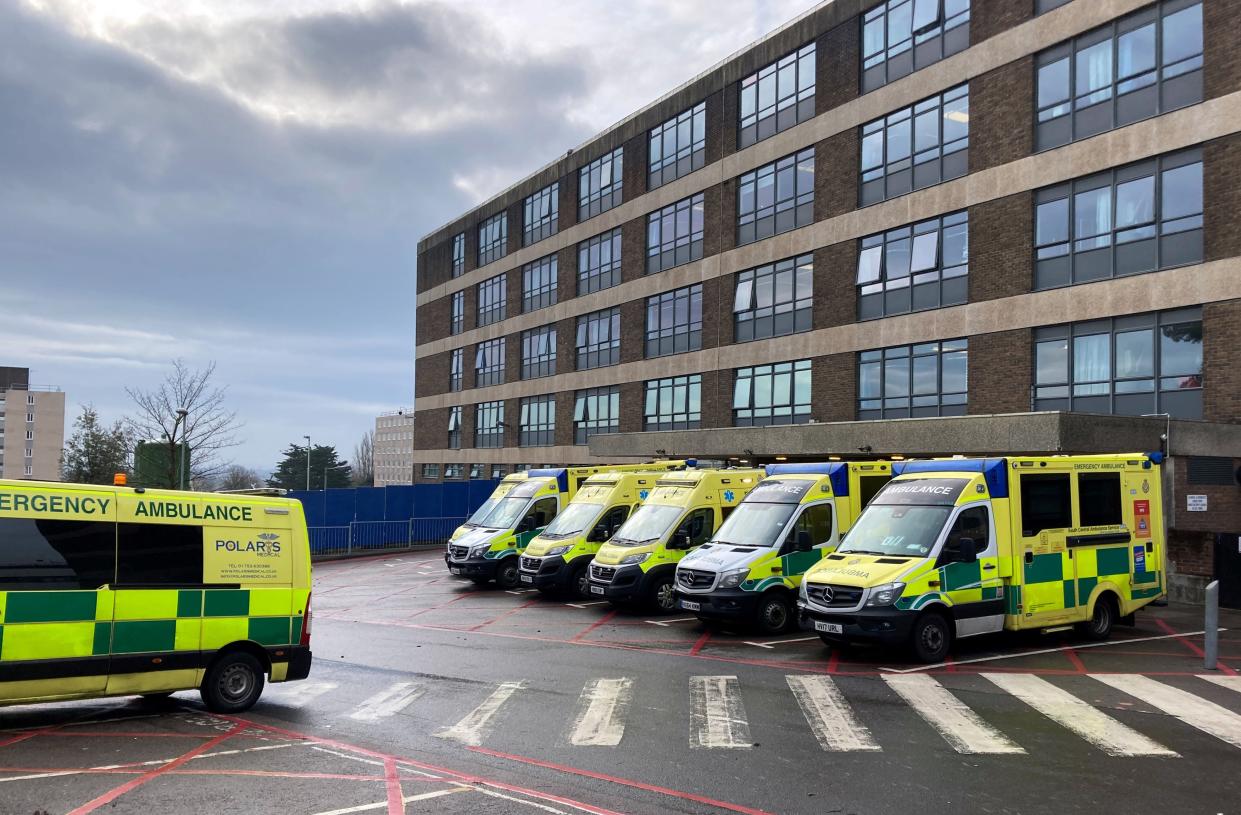Maternity staff reveal ‘blame culture’ to watchdog inspectors

Staff working in a hospital maternity unit have told the care watchdog they were too fearful to raise concerns because of long-standing cultural issues.
The Care Quality Commission said inspectors also found maternity services at Queen Alexandra Hospital in Portsmouth did not have enough staff.
Although inspectors said the service was, generally, run well, it has told the hospital it must improve the culture of the unit as a priority.
This is the latest maternity unit to be singled out for criticism by the CQC, which has downgraded a number of hospitals amid concerns over the safety of NHS maternity services and staffing shortages.
Although the Portsmouth hospital was not rated by the CQC this time round the inspectors, who visited the trust in May, said a series of improvements were needed.
In its latest report, the CQC said all staff raised concerns about staffing shortages and that some staff did not always feel respected, supported and valued by managers. Midwifery staff said staff shortages had affected the unit’s morale.
The CQC also found staff did not always recognise and report all incidents and near misses, with some feeling there was a blame culture and poor communication around incidents.
Amanda Williams, CQC’s head of hospital inspection, said: “When we inspected the maternity services at Queen Alexandra Hospital, we found that the service was generally being run well, but further improvements are needed.
“Some of the issues we found were related to restrictions and pressures on the service caused by the Covid-19 pandemic. However, we were concerned that although most staff described a supportive culture within the service, some reported long-standing cultural issues, which meant they felt unable to raise concerns without fear.
“This needs to be addressed as a priority so that staff feel able to speak openly about anything that is concerning them without the fear of being blamed, and so lessons can be learned from incidents that occur. After the inspection, the trust confirmed it would address this, and we will monitor their progress.”
The CQC said staffing levels were lower than planned due to staff sickness and staff shielding during the Covid-19 pandemic, but the service did not always have enough maternity staff with the right qualifications and experience to keep women safe from avoidable harm.
Managers regularly redeployed staff within the unit and used agency staff to fill gaps.
The CQC report said: “While most staff described a supportive culture within the service we were told of some long-standing cultural issues. Some staff referred to difficult working relationships across grades and professions. They referred to a lack of respect, with some staff citing professional and cultural differences. Other staff spoke positively about the culture and cited staffing pressures as the main cause of stress between individuals and staffing groups.”
The report also found that women were properly risk-assessed and staff monitored women’s conditions, with incidents properly investigated and information shared with staff.
The regulator added that the leadership of the maternity units understood the priorities and issues facing the service and were developing plans to improve.
Read More
UK’s health ‘in decline’ as third of middle-aged adults suffer multiple chronic health conditions
One in five women actively trying to get pregnant smoke cigarettes, study finds

 Yahoo News
Yahoo News 
